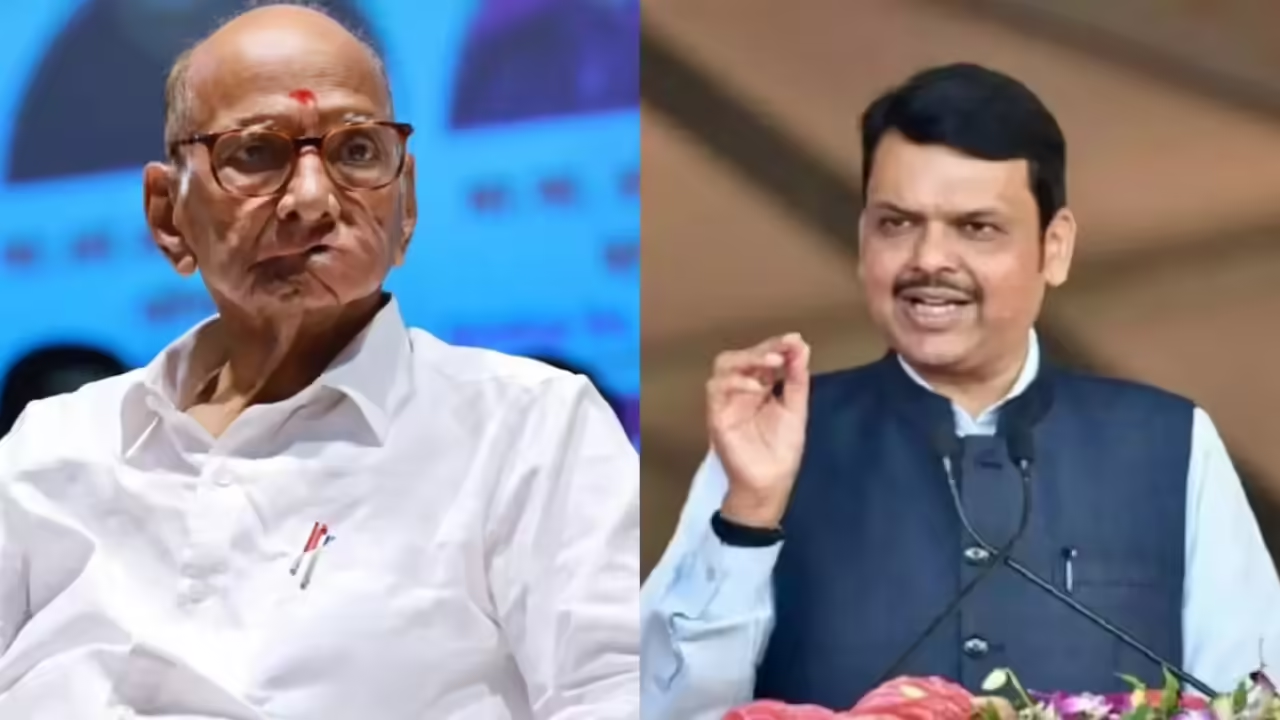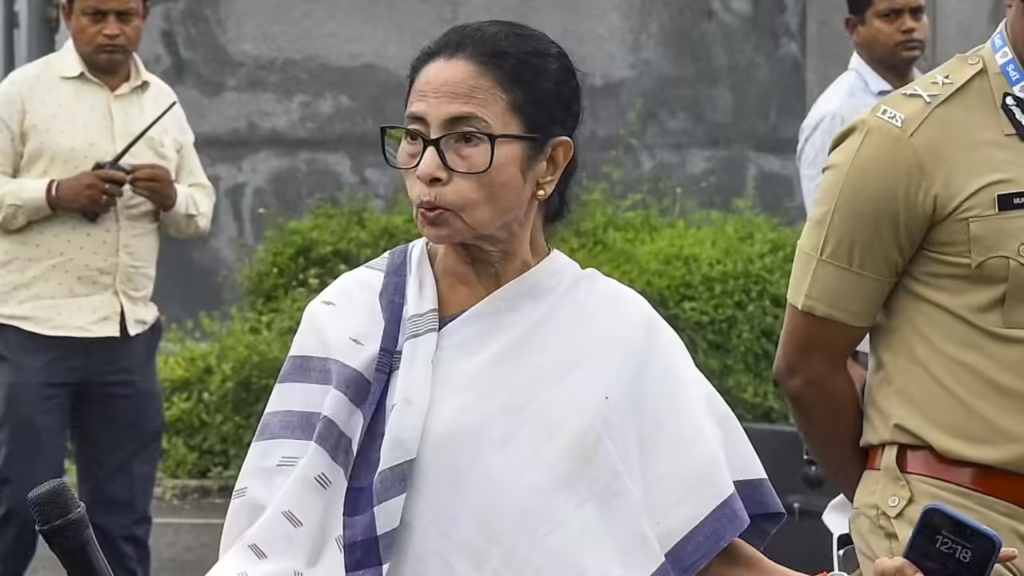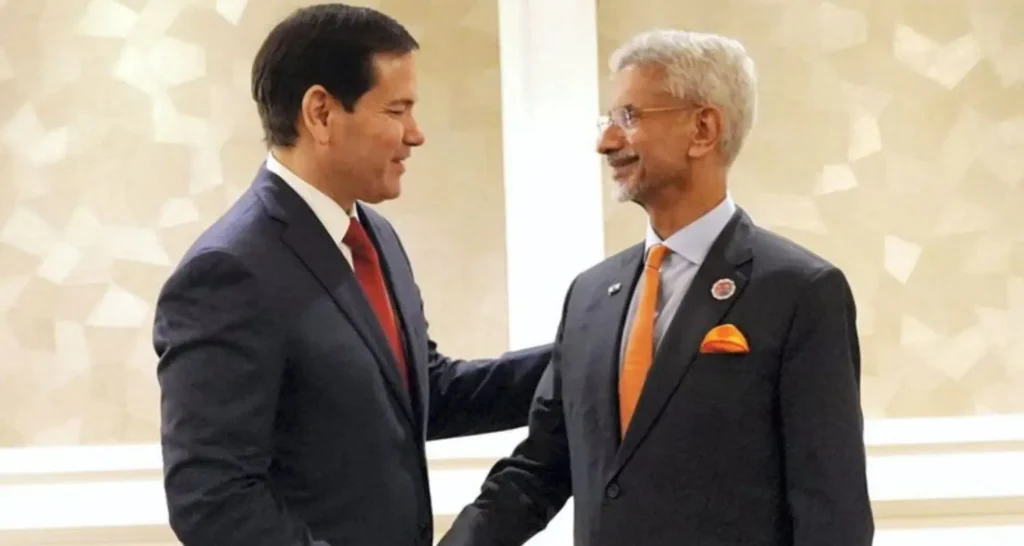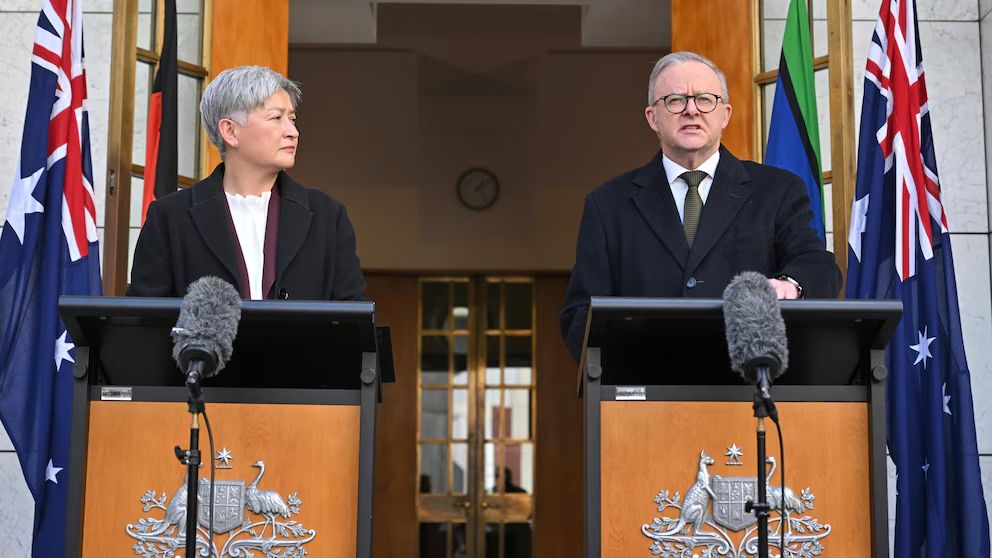Now Reading: “Did You Use ‘Vote-Riggers’?” — Fadnavis Fires Back at Pawar Over ‘Guaranteed Victory’ Claims
-
01
“Did You Use ‘Vote-Riggers’?” — Fadnavis Fires Back at Pawar Over ‘Guaranteed Victory’ Claims
“Did You Use ‘Vote-Riggers’?” — Fadnavis Fires Back at Pawar Over ‘Guaranteed Victory’ Claims

Chief Minister Devendra Fadnavis sparked a fierce exchange in Nagpur after Sharad Pawar revealed that he was approached during the Maharashtra assembly elections with an offer of “guaranteed victory” in 160 out of 288 seats. Fadnavis didn’t hold back—questioning why Pawar delayed reporting such a serious claim, or worse, whether he actually accepted help from these claimants.
Ethics Under Scrutiny
Fadnavis laid down a straightforward expectation: if someone offers to manipulate an election, the right move is to file a complaint, not let it sit quietly. By keeping it under wraps, he argued, it raises doubts about political integrity and accountability.
Political Undercurrents and Timing
Tensions deepened as Fadnavis accused Pawar’s camp of resurfacing the claim only when political momentum seemed off-balance. The remark stirred further skepticism especially among voters in smaller towns, who sense that power dynamics often shape narratives in unpredictable ways.
Resonance with Tier-2 Voters
For voters in smaller cities—who are already wary of mud-slinging and populist claims—this isn’t just political drama. The demand is for clarity, not theatrics. Such roads of accusation, if left unverified, risk undermining trust in the democratic process.
Conclusion
The showdown between Fadnavis and Pawar goes beyond headlines. It is a reminder that words matter, and so does timing. At a time when voters are looking for honesty and consistency—not rhetoric—political leaders carry the responsibility to act, not just react.

























